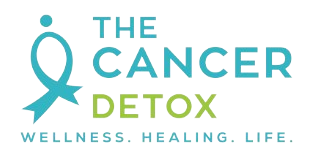Pau D’Arco: Anticancer Herb from the Amazon
How many cancer drugs can one find in nature? Well according to recent reports, approximately 60% of cancer drugs get their start from a plant, with 84 anticancer drugs isolated from Brazil’s Amazon forest [1]. The Lapacho tree, also known as the herb pau d’arco, is one of them, having been hidden to those outside of the Amazon for centuries, perhaps millennia, with historical uses in indigenous medicine for the following: Bacterial infections Cancer, several types including breast, lung and leukemias Fever Fungal infections Inflammation Malaria Stomach ailments Viral infections In recent years the ingredient that gives this tree its healing properties was discovered and coined beta- (β) lapachone, a natural quinone compound. If you’re a malaria survivor, or familiar with the disease, then you’ve heard of quinone drugs, as they're used to fight this infection. Pau D’Arco’s Anticancer Effects In lab experiments,
Read More

